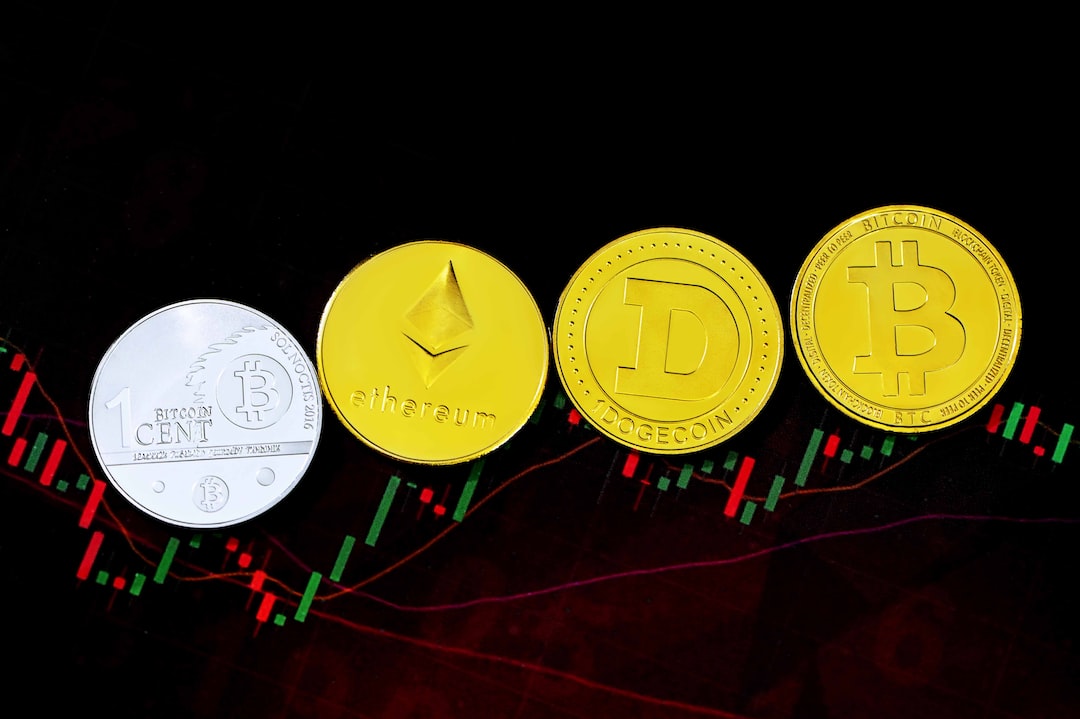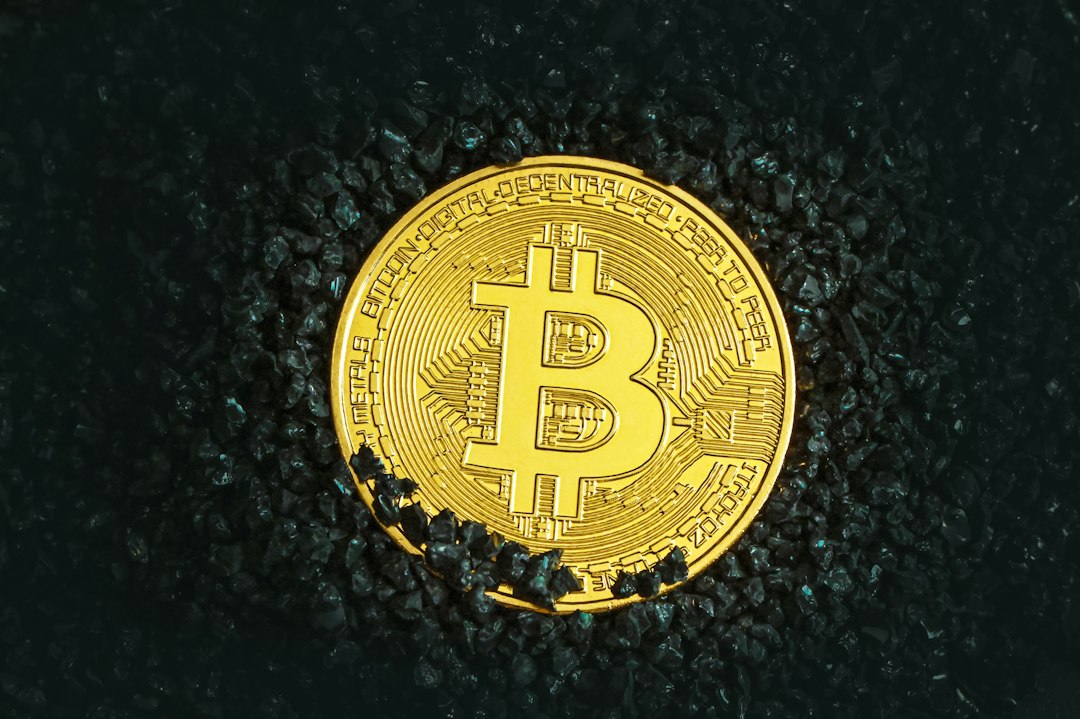The US Federal Reserve Integrates Dropp for Faster Micropayments and NFT Trades
The US Federal Reserve (Fed) has partnered with Dropp to facilitate faster micropayments and non-fungible token (NFT) trades through its FedNow payment rails. Dropp, built on Hedera Hashgraph, supports USD, USDC, and HBAR transfers, and utilizes Hedera’s distributed ledger technology for high throughput and low latency.
- Dropp allows merchants to accept payments as low as one cent, reducing transaction costs and increasing profits.
- Customers can now pay for the content they consume, moving away from the traditional subscription model.
- Apple’s success with micropayments for purchasing songs on iTunes demonstrates the potential for increased revenue.
- Dropp aims to partner with FedNow to offer instant retail settlement rails to banks.
- Politicians raise concerns about potential government surveillance and economic censorship with the integration of Dropp and FedNow.
Dropp’s integration with FedNow has caused a 16% increase in the price of HBAR, Hedera’s native token. Hedera’s network allows for faster processing speeds by adding transactions as they occur, rather than waiting for block validation. However, opponents argue that technology like Hedera is still too centralized to replace blockchains, and there are concerns about the reach of FedNow into retail spending habits.
Hot Take:
The integration of Dropp into FedNow by the US Federal Reserve is a significant step towards faster micropayments and NFT trades. It provides benefits for both merchants and customers, allowing for lower transaction costs and more flexible payment options. However, concerns about government surveillance and economic censorship need to be addressed to ensure the privacy and freedom of retail transactions. Additionally, the centralized nature of Hedera’s technology raises questions about its suitability as a blockchain replacement. Overall, this integration showcases the growing importance of cryptocurrencies and blockchain technology in the financial sector.





 By
By
 By
By
 By
By
 By
By
 By
By
 By
By